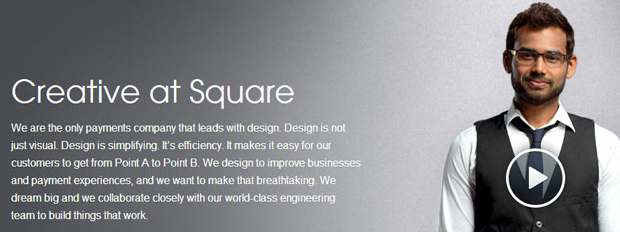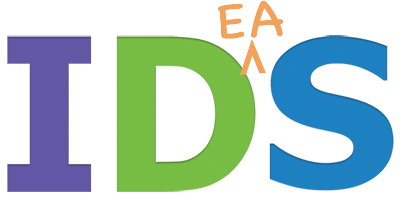
Why should we use WordPress as our Content Management System (CMS) of choice? I just read an excellent article linked from the “Web Design and Development Professionals” group on LinkedIn entitled “Rethinking WordPress as a CMS“. The “Creative at Square” video is definitely worth watching as a reminder that we’re all here to serve each other (regardless of who our clients or ‘end users’ might be or seem to be) and to be genuinely helpful, we need to step away from our metaphoric vehicle of self-centric thinking – so no one will get hurt. Check out Square’s innovation and simplicity both the product/vision as well as their website. (Be sure to scroll down the page; I tend to shy away from animated components of a site unless there’s a good reason for it, but this one is quite well done and not overdone.) As the article points out, WordPress is already a great CMS and is an ongoing work of art in a state of continuous improvement. It’s not the ‘be-all, end-all for everyone, but the target of simplicity, ease of use, extensibility, and versatility (while maintaining robust and elegant architectural underpinnings) is in the center of the bullseye for most of us. That’s why, as the article states, “According to Forbes, WordPress powers one of every 6 websites on the Internet, nearly 60 million in all, with 100,000 more popping up each day.”
There’s always room for improvement, but for those of us who have become WordPress enthusiasts over the last several years, it’s a joy to see how it’s evolving and leveraging new features that make design and maintenance simpler and more fun. For example, the “favorites” plugin feature recently added is now an everyday resource I totally appreciate. A hearty shout out to all who contribute to WordPress and the 23,794 plugins (as of this moment), BTW! Just enter “BruceRawles” in Plugins > Add New > Favorites section to see my current list of faves. (If you have a WordPress.org account and have a list of your faves you’d like me to see, just contact us and let us know your WordPress.org username.) By carefully assigning the appropriate user level for ‘hands-on’ client logins and (even more importantly) providing adequate training and support, WordPress still seems like the best solution (and getting better all the time) for professional, growable websites.
